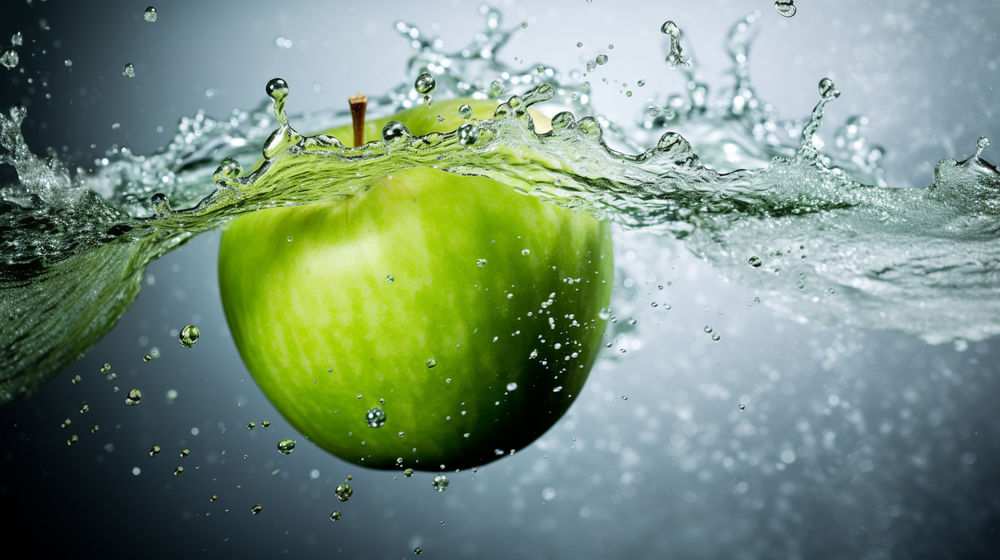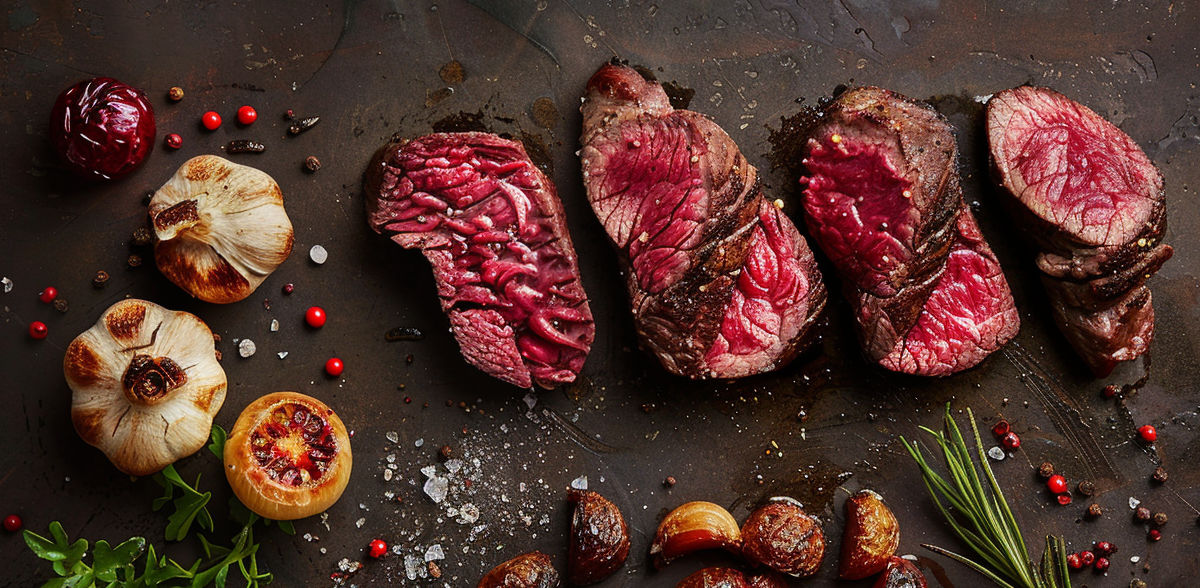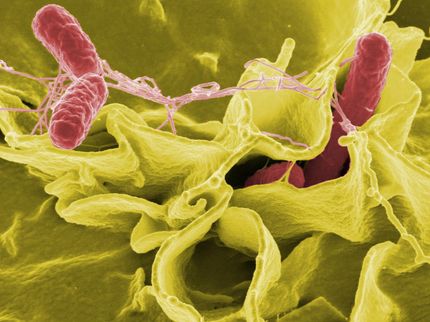Why the BfR is shooting at gelatine or how the food safety of game meat can be guaranteed
Advertisement
What do soap and gelatine have to do with game meat? Quite a lot, at least at the Federal Institute for Risk Assessment (BfR): the substances help to make the consumption of game meat safe for consumers. As so-called test simulants, blocks of soap and gelatine are shot at with rifle ammunition in experimental studies to test the effect of different hunting bullets or to find out whether and to what extent fragments from leaded and lead-free bullets remain in game meat. "With the support of international experts, the BfR has developed a standardized test procedure for rifle bullets that is intended to ensure the comparability and reproducibility of such tests and will soon be evaluated," explains Professor Andreas Hensel, President of the BfR. "The ultimate aim is to minimize health risks from the introduction of metallic fragments and to maximize the food safety of game meat, especially for frequent consumers such as hunters and their families."
The Federal Institute for Risk Assessment (BfR) has been scientifically investigating various hunting-related influences on game as a food for more than ten years. The so-called material risks associated with hunting include the introduction of metallic fragments from hunting bullets as well as possible residues of undesirable substances in the meat of deer, wild boar or roe deer. These can include chemicals such as PFAS (per- and polyfluorinated alkyl substances), dioxins and PCBs (polychlorinated biphenyls), which can be deposited in the environment and ingested by wild animals when they eat. Studies have shown that large quantities of such undesirable substances can be ingested, particularly when offal such as wild boar liver is consumed.
In addition to these material risks, biological risks also play an important role in the assessment of possible health risks from game meat: wild animals can be carriers of pathogens that can be transmitted to humans when handling and eating game meat. These include parasites such as trichinella - tiny nematodes that can be found in wild boar meat - or Duncker's muscle fluke (DME), bacteria such as salmonella or certain intestinal bacteria (verotoxin-producing Escherichia coli) and viruses such as hepatitis E. Scientists at the BfR have investigated, among other things, how widespread such pathogens are and, above all, how the resulting health risks can be reduced. Maintaining good hygiene is essential for this, not only when hunting and caring for the hunted game, but also when preparing the meat in the kitchen.
In addition to their own research, the scientists at the BfR attach great importance to international exchange. In a recently launched European project (COST Action "Safety in the Game Meat Chain", CA22166), the BfR and the participating institutions will contribute to the establishment of a Europe-wide network of experts over the next few years. The focus is on the exchange of knowledge on health risks to consumers from game meat obtained from hunting along the entire product chain.
Note: This article has been translated using a computer system without human intervention. LUMITOS offers these automatic translations to present a wider range of current news. Since this article has been translated with automatic translation, it is possible that it contains errors in vocabulary, syntax or grammar. The original article in German can be found here.
Other news from the department business & finance
Most read news
More news from our other portals
See the theme worlds for related content
Topic world Hygiene
Hygiene is the foundation of the food and beverage industry. Hygiene technology ensures that products are not only tasty, but most importantly, safe for consumption. From advanced cleaning processes to sterile filling techniques, the industry is constantly setting new standards to prevent contamination and the growth of microorganisms.

Topic world Hygiene
Hygiene is the foundation of the food and beverage industry. Hygiene technology ensures that products are not only tasty, but most importantly, safe for consumption. From advanced cleaning processes to sterile filling techniques, the industry is constantly setting new standards to prevent contamination and the growth of microorganisms.

























































